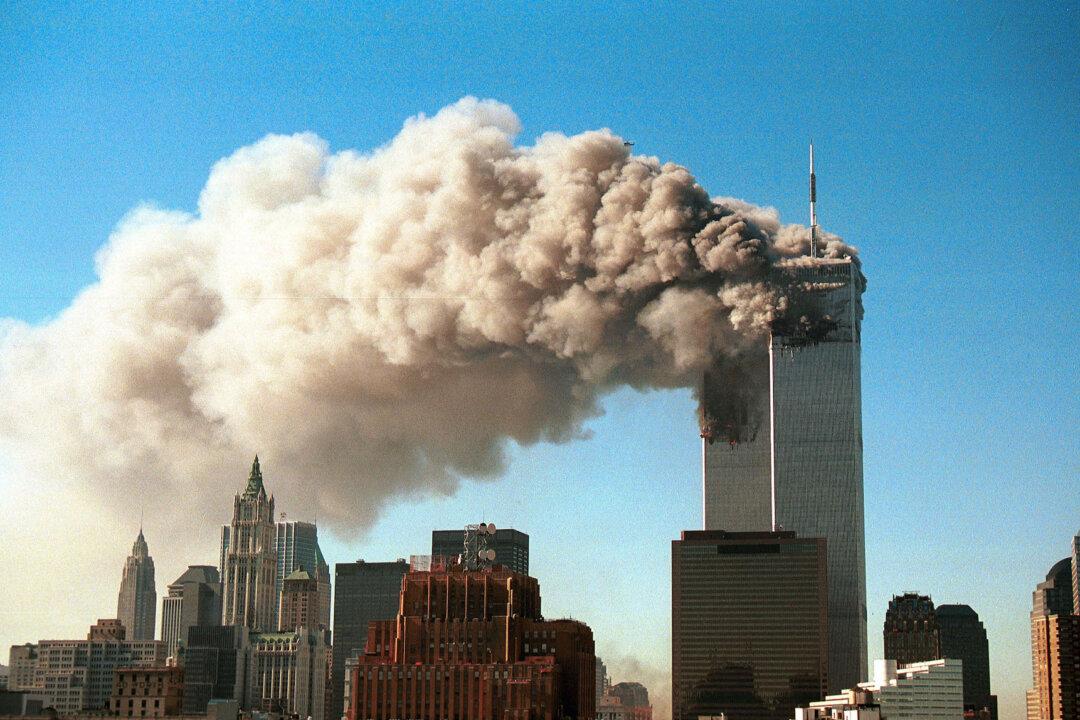Commentary
Marking 20 years since the awful day of Sept. 11, 2001, is a very personal experience. A mixture of contending emotions, based on what happened that day and the twists and turns since.

Marking 20 years since the awful day of Sept. 11, 2001, is a very personal experience. A mixture of contending emotions, based on what happened that day and the twists and turns since.